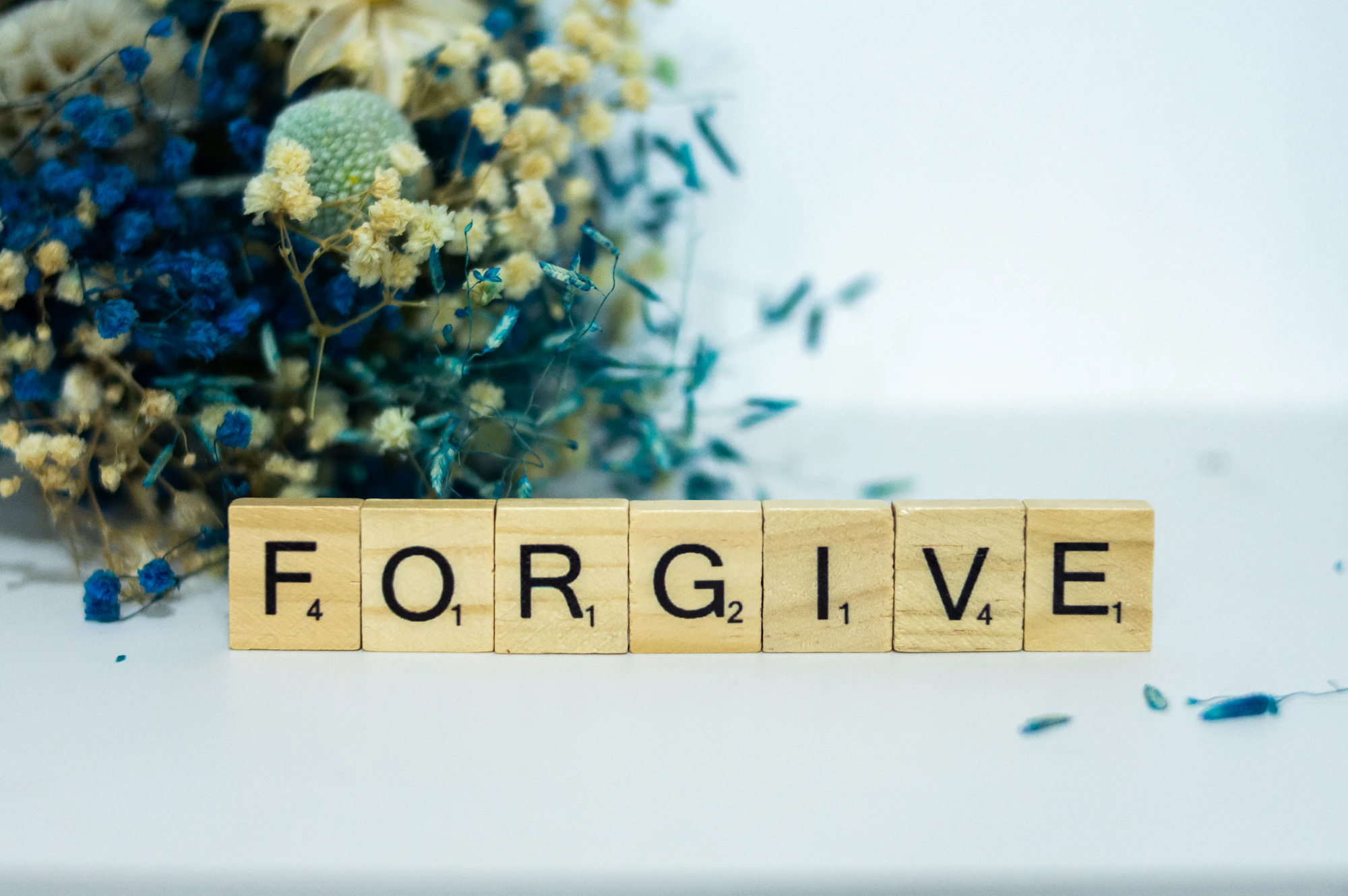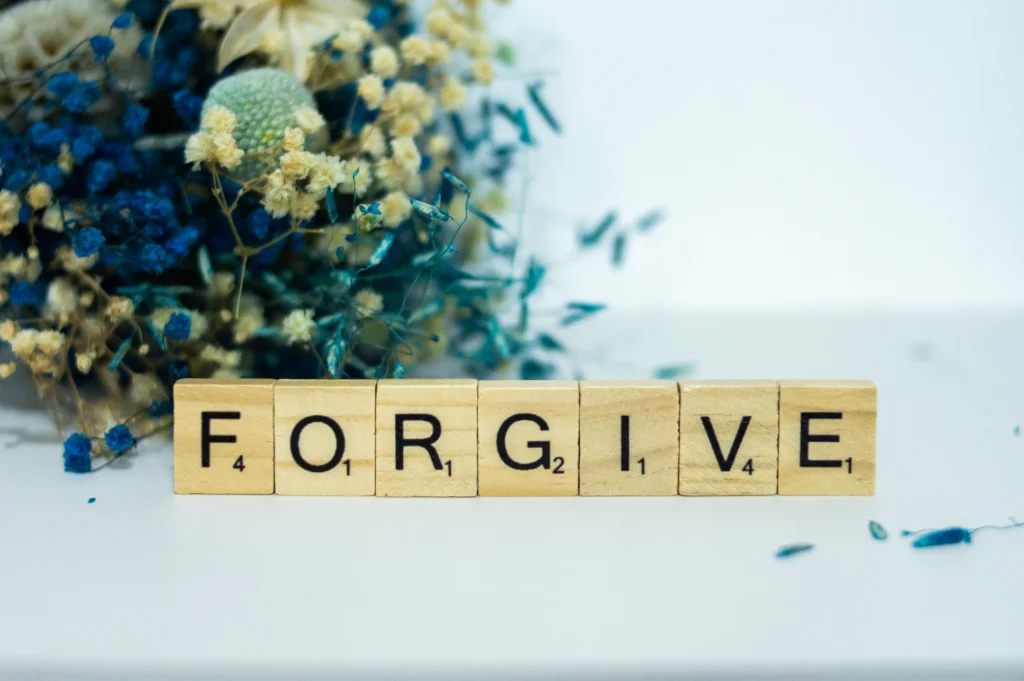Last night, I attended a channelling session for healing. I offered the session to all the members of a community that I have built to perpetuate the growth of an industry that needs to grow. Somehow, the term lightworker has lost its value or meaning in our current world. Outside of spiritual circles, the understanding and reception of the term can vary widely. Some may view it with skepticism or as a part of pseudoscientific beliefs. Others might appreciate the term metaphorically, seeing lightworkers as people who strive to impact society positively, regardless of the spiritual connotation.
Lightworkers
I believe that light workers are people who strive to make a positive impact on society regardless of the spiritual connotation. How does one become a lightworker? Well, we could look at that question a little differently; we could ask how a person becomes a paramedic, a life coach, a firefighter or a safety trainer. They start by researching everything about the desired occupation. Watching YouTube videos and reading blogs. Then, they research all the training needed.
Lightworkers are people who possess a strong inner desire to spread light and love through knowledge, freedom, and self-care and can find fulfillment in various occupations. On my community page, I have listed a small list of occupations of people who are lightworkers. People often think of the spiritual or woo connection when using the lightworker term. And they are both right. Let’s examine both of these connections.
Woo
“woo” is an everyday term often used to describe spiritual or alternative practices and beliefs that lack a conventional scientific basis. Its use can be seen as either critical or playful, depending on the context and the perspectives of those involved. Like many colloquial terms, “woo” can be interpreted differently depending on the context and people’s attitudes using or hearing it. What one person might dismiss as “woo,” another might see as a meaningful and legitimate practice.
The use of the term reflects broader cultural and social attitudes towards spirituality, alternative medicine, and non-mainstream belief systems. It often highlights the tension between scientific skepticism and the human tendency to seek meaning through less tangible, spiritual, or mystical experiences. Within the lightworker and broader spiritual communities, the term might be used in a more nuanced way. While some might embrace the term “woo” as a playful acknowledgment of the unconventional nature of their beliefs, others might find it derogatory or dismissive of their experiences and practices. I was once present when a well-known medium (channel) had to say their occupation. But because the scientific or mainstream world cannot prove such a connection, she had to identify it as work that is done for entertainment purposes, similar to a circus act. I was surprised by the notion and wondered if a priest would face the same scrutiny.
City of Angels
In the movie City of Angels with Nicholas Cage and Meg Ryan, Nicholas plays an Angel who chooses to fall to earth (spoiler alert). One of his lines is, “Some things are true whether we believe them or not.” This is a very precise way of explaining woo. Are all lightworkers capable of woo? The answer is yes; in fact, all humans on Earth are capable of woo. After writing the last sentence, I have to say that I dislike the term woo. I believe that I will use the term spiritual rather than woo. So, how does a person tap into these abilities? How do we learn to use them? Why are some born with the ability, and others have to really work at it? Well, you might be surprised to know that we are all born with the ability and up until the age 7 or 8 we still have the abilities.

Children can Connect
Children can often see spirits and talk to them. They often stare at an image because they likely met the person before birth. Parents will ask if they should sway a child from talking to their “imaginary” friend who is unlikely imaginary and more likely sitting right next to them. Don’t think of this as a scary thought. Spirits and ghosts over the years have gotten a bad rap. Hollywood and movies like Ghostbusters are for entertainment and are loosely based on fact. The movie Sixth Sense brought the term “I see dead people” to the mainstream. Spirits are all around us and oversee all that we do, yes, everything. When we pass away, we can watch our children grow.
Assisted Suicide
An interesting topic was brought up last night about assisted suicide and suicide, for that matter. An attendee was curious about what the angels and Yeshua thought about the very matter-of-fact notion that we can now schedule our deaths in some parts of the world. We are now at the stage in our evaluation that we can state, on Monday at 10 am, I will die, using assisted doctor overseen assisted suicide. What was their answer? Do not judge these people for choosing to die.
Judgement
The statement suggesting not to judge people who choose assisted suicide likely reflects a perspective that calls for empathy, understanding, and respect for individual autonomy in highly personal and complex situations. I thought that seemed to be a little odd a response from the highest of highest. Let’s examine the possible breakdown for that rather vague response.
Suffering
The statement underscores the belief that individuals have the right to make decisions about their own lives, including the right to choose how and when to end their lives, particularly in cases of terminal illness or unbearable suffering. This view emphasizes respecting personal autonomy and the right to self-determination. It acknowledges the complexity of the circumstances surrounding assisted suicide. Decisions about assisted suicide often involve factors like terminal illness, intractable pain, loss of quality of life, and the desire to die with dignity. Recognizing this complexity implies understanding that such decisions are deeply personal and often made after considerable thought and emotional struggle.
Empathy
The statement calls for empathy towards those who are in severe pain or suffering. It suggests an understanding that the choice of assisted suicide might be made to escape unbearable physical or psychological pain, and that such decisions are not made lightly. It would suggest avoiding moral judgments about the choice of assisted suicide. Moral and ethical views on this issue can vary greatly based on cultural, religious, and personal beliefs. Advising not to judge reflects a stance that respects these diverse viewpoints and avoids imposing one’s moral framework on others.
Legal vs Judgement
Ongoing legal and ethical debates surround the topic of assisted suicide. Saying not to judge might also be a recognition of these complex debates and acknowledging that legal and ethical opinions on this matter can differ significantly. Finally, the statement promotes a compassionate approach over a critical one. It implies that in situations as delicate and personal as the choice to end one’s life through assisted suicide, compassion and understanding are more helpful and appropriate responses than judgment or criticism.
In essence, the statement reflects a stance of empathy, respect for personal choice, and an understanding of the complexities surrounding the decision to pursue assisted suicide. It encourages a compassionate and nonjudgmental approach to a deeply sensitive and personal issue.
Roman Catholic
Being brought up as a Roman Catholic, we have been taught since early times that suicide was a sin and that anyone performing such an act would go straight to hell. The belief that suicide is a sin and leads to damnation is a traditional view held by many in the Roman Catholic faith, as well as in some other Christian denominations. One reason suicide has been viewed so gravely in Catholicism is the belief that because it is a final act, it leaves no opportunity for repentance and absolution of sin. Historically, those who died by suicide were often denied church funerals and burials on consecrated grounds. This practice has changed, and now, Catholic funerals and burial rites are generally offered for those who have died by suicide, reflecting a more compassionate approach. This shift reflects broader changes within the Church and society regarding mental health and understanding human suffering.
In a conversation last night after the session, we discussed that in many cases of assisted suicide, life on earth was like living in hell from the pain and suffering from whatever was ailing us. In taking our life, we would return to spirit and acceptance and be pain-free. God’s mercy and the Church’s care for those who have died by suicide suggest that we should not despair of their eternal salvation but pray for them. This reflects a broader understanding of mental health and compassion for those who suffer.
Forgiveness
We will finally come back to the title of this post. Forgiveness. However, we are still a bit of a distance from my final point. Forgiveness in the context of suicide involves a deep sense of compassion and understanding for the individual’s suffering. It recognizes that the decision to end one’s life often comes from a place of extreme distress, pain, or mental illness. By fostering an attitude of forgiveness, there is an acknowledgment of the complexities and struggles that the individual faced.

Healing Process
Forgiveness is also important for the healing process of those left behind – the family and friends of the person who has committed suicide or assisted suicide. Holding onto feelings of anger, guilt, or blame can be emotionally damaging. In this sense, forgiveness is a step towards healing and finding peace amidst the tragedy. In many religious contexts, forgiveness is a central principle. For example, in Christianity, forgiveness is seen as a reflection of God’s grace. The act of forgiving someone who has committed suicide can be viewed as an extension of this grace, trusting in God’s mercy and understanding for the pain and suffering that led to their decision.
Forgiving those who have committed suicide or have chosen assisted suicide also plays a role in addressing the stigma associated with it. This stigma often stems from misunderstandings about mental health and moral judgments about the act of suicide. Forgiveness can help shift the conversation from judgment to empathy and support. In summary, forgiveness in the context of suicide is about empathy, understanding, and compassion. It’s a key element in the healing process for those grieving and a reflection of a broader, more compassionate approach to mental health and human suffering.
Forgive those who do not Know
We have discussed many concepts in today’s post. Lightworkers, spiritual connections, channelling, and assisted suicide in the eyes of God. And yet, we have not spoken about forgiveness in day-to-day life. Forgiveness is not about condoning or excusing the behaviour that hurt you. Rather, it’s about letting go of the hold that anger and resentment have on you. It’s a personal process that benefits you emotionally and mentally, helping you to move forward. Holding onto anger or resentment can be emotionally draining and can impact your mental health. It can lead to increased stress, anxiety, and even depression. Recognizing this can be a motivator to work towards forgiveness.
It is a process!
Forgiveness is often a process, not a one-time event. It might involve gradually letting go of negative emotions. It can take time, and that’s okay. Allow yourself to feel and acknowledge your emotions and hurt as part of the healing process. Sometimes, seeing the situation from the other person’s perspective can help. This doesn’t mean you have to agree with them, but understanding that everyone has their own struggles and limitations can make forgiveness easier. Being kind to yourself during this process. Forgiving others can be hard, and it’s important to acknowledge your own feelings and the effort you’re putting into overcoming them.
Personal Growth
Forgiveness can lead to personal growth and a better understanding of yourself and others. It can improve your relationships and your overall outlook on life. Talking to a friend, family member, or a professional might be helpful if you’re finding it particularly difficult to let go of resentment and pain. I have found that just talking about the situation can provide new insights and help in the forgiveness process. Practices like meditation, mindfulness, or even simple breathing exercises can help manage emotions like anger and resentment, aiding in the process of forgiveness. Forgiveness doesn’t mean you must reconcile with those who hurt you or allow them to continue behaving hurtfully. It’s important to set healthy boundaries for yourself. I have to find my own closure without expecting an apology or understanding from the other party. I need to be able to let the other party or parties go. This can involve accepting what happened and consciously deciding to move on. And recognize that forgiveness is a personal journey. It’s about finding peace and emotional freedom for yourself. It’s normal for this process to take time and ups and downs. The important part is that you’re moving towards a place of understanding and peace with yourself and the situation.
Only You
If you fall into the category of Lightworker or would like to explore moving into the field of Lightwork, immerse yourself in learning. Take every opportunity to attend sessions or listen to stories of Channels, Hands-on Healers, Clairvoyant, Clairaudient, Claircognizant, Trance Channels, Mediums, and Automatic Writers. These are some of the wonderful gifts you can access with practice. The only way to progress in your spiritual practice is to first work on yourself. Remember, all members of the human race can access the gifts we were born with. Listen to channelling or healing sessions over again to continue your growth. Work on forgiveness.
Only community members can access the recording from last night’s session.
Feel free to sign up for a 9-day free trial here to join the community.










